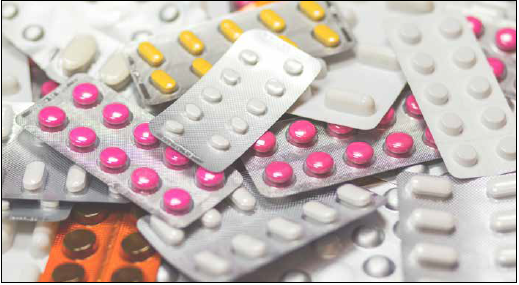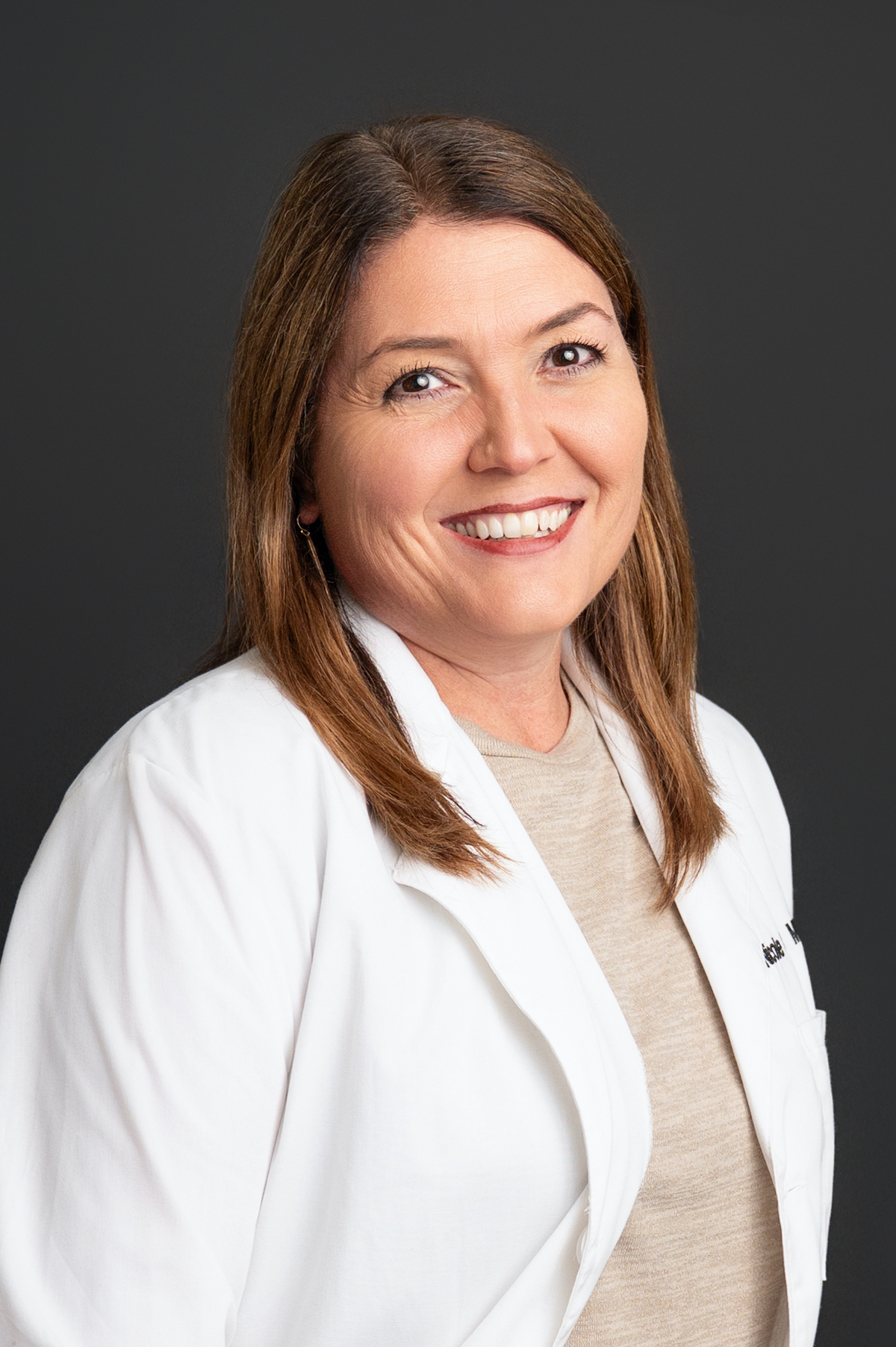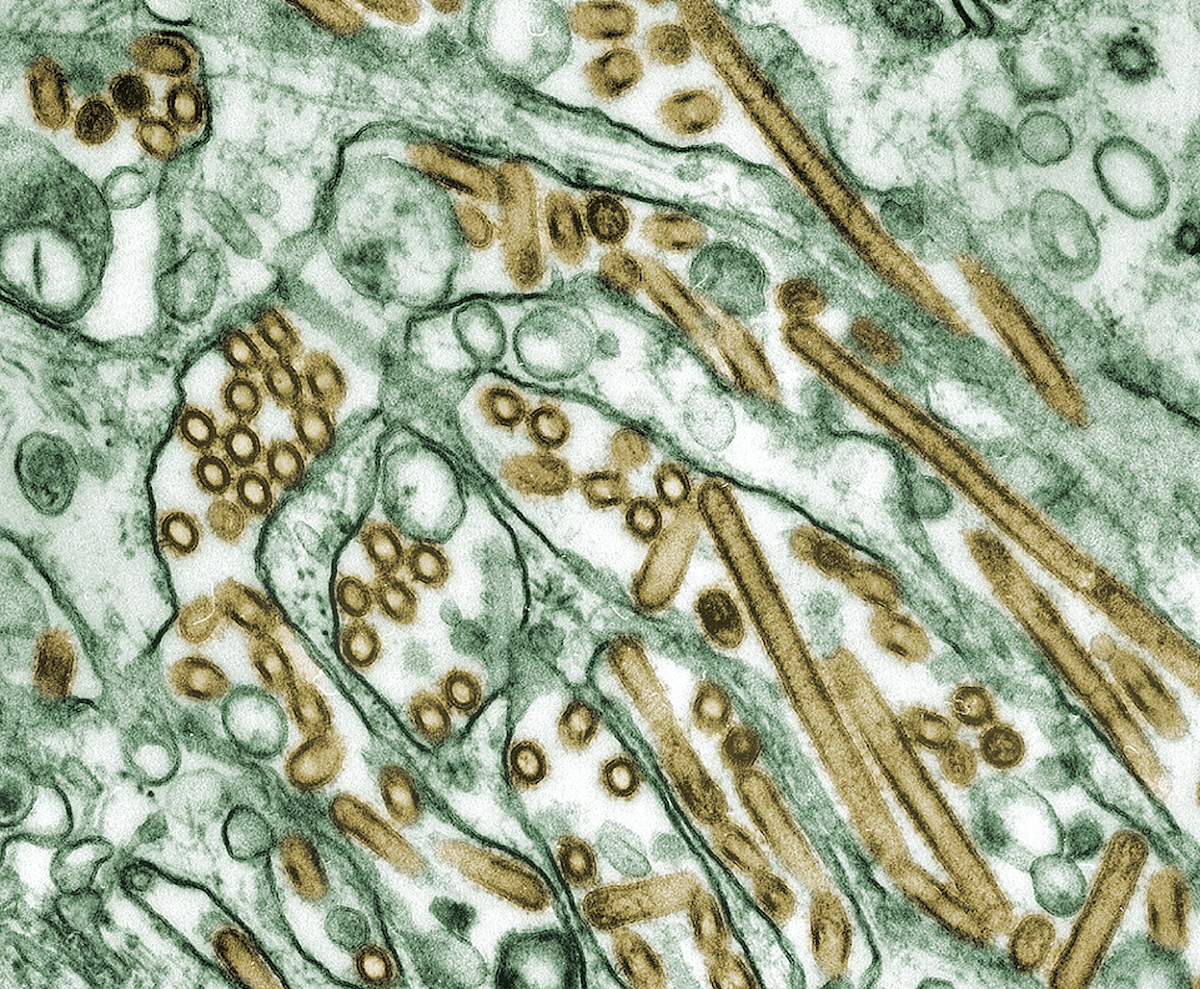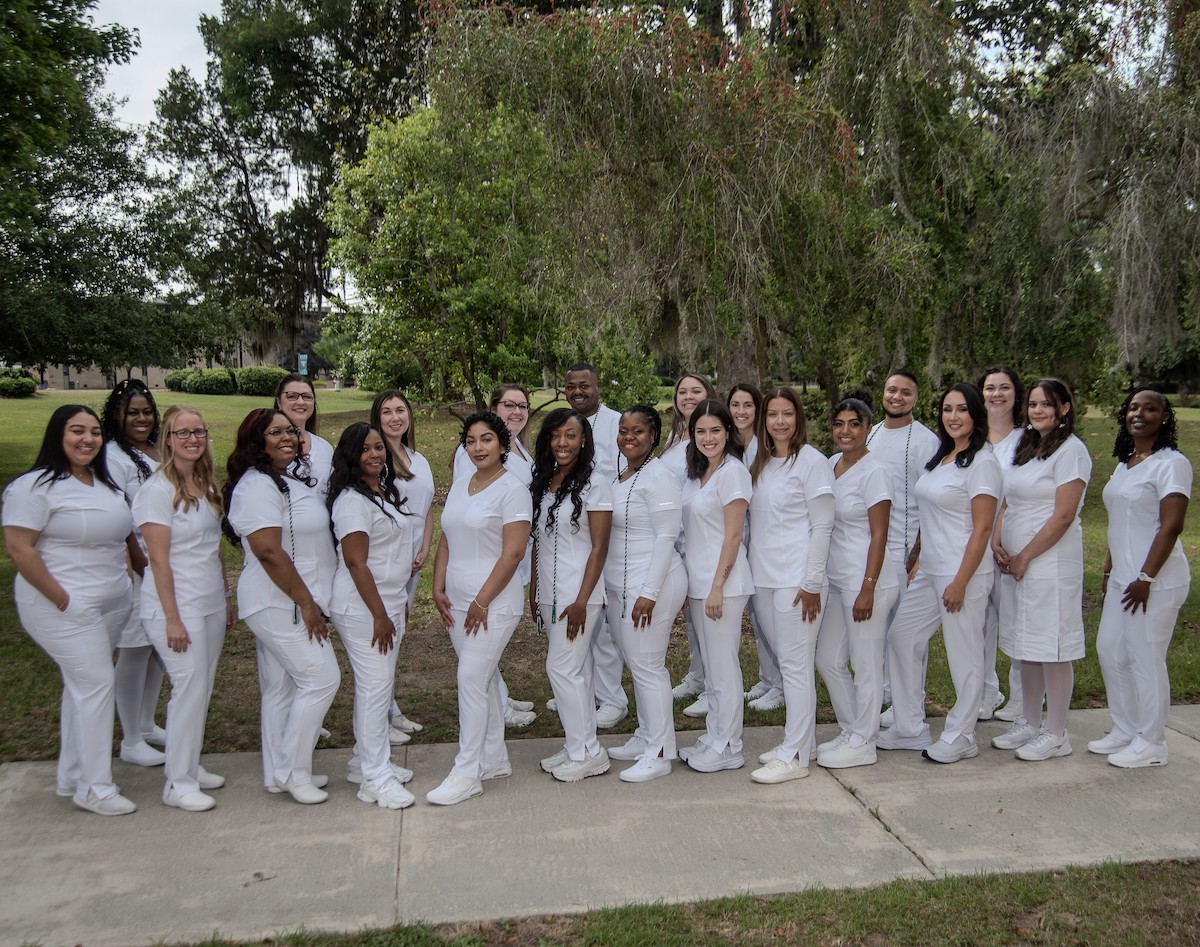Generic drugs contain the same active ingredient as their brand-name counterparts. However, they usually cost much less than the brand-name version.
Before the Food and Drug Administration (FDA) approves a generic drug, the medication must meet rigorous approval standards. The FDA stipulates that the generic drug must be “pharmaceutically equivalent” to its brand-name version.
This ensures that generic drugs have the same purity, strength, stability, and quality as brand-name drugs.
However, not all brand-name drugs are available in a low-cost generic form.
Fast facts
Manufacturers formulate generic drugs to work the same way and provide the same benefits as their branded counterparts.
Once a brand-name drug’s patent has expired, a drug company can file an “abbreviated new drug application” (ANDA). This allows them to produce a generic version of the same drug.
The generic drug must meet strict standards before the FDA will approve it.
Researchers have found that many branded drugs have regular annual or biannual price increases.
According to the FDA, generic drugs may cost 80- 85% less than their brand-name equivalents.
Anyone can search the ‘Approved Drug Products with Therapeutic Equivalence Evaluations’ (also called the Orange Book) for FDA-approved drugs and patent information.
Price
Typically, generic drugs cost less than their brand-name equivalents. There are several reasons for this:
Research costs. Generic drugs benefit from a reduction in upfront research costs.
Competition. When more than one company produces a generic version of the same drug, there is more competition. Lower prices generally go hand-in-hand with more competition.
Appearance. Brand-name and generic drugs must contain the same active ingredient. However, characteristics of the drug not affecting the safety or efficacy may be different. This includes their appearance. United States trademark laws do not allow generic drugs to look exactly the same as the equivalent brand-name drugs. However, the extent of these differences is regulated.
Approval standards
The FDA requires generic drugs to meet a number of standards before approval. These include:
The generic drug is “pharmaceutically equivalent” to the brand drug.
The manufacturer can produce the generic drug both correctly and consistently.
The generic drug has the same “active ingredient” as the brand drug.
The correct amount of the active ingredient gets to the target area in the body.
The ”inactive ingredients” in the generic drug are safe.
The generic drug’s bottle, box, or other container is suitable.
The generic drug’s label is the same as the brand drug’s label.
The generic drug does not deteriorate over time.
The legal exclusivities or patents have expired.
The drug company must submit an ANDA, which is an Abbreviated New Drug Application. It states that the generic drug meets each standard.
Availability
People taking a particular drug may want to know if there is a cheaper generic option. There are several ways to find out if there is a generic version of a brand-name drug:
Ask the prescribing doctor or pharmacist.
Search for the drug using the FDA’s Drugs@FDA system. Search the brand-name drug first.
Search for the drug using the online version of the Orange Book. Search the brand-name drug first.
Check the FDA’s list of first-time generic drug approvals. This is where people can find “first generics” — the first time the drug gets FDA approval.
Which is better: Brand or generic?
According to the Office of Generic Drugs (OGD), all FDA-approved generic drugs must meet the same quality, purity, strength, and stability requirements as their brand-name counterparts.
During a comparison study of U.S. health insurance claims, researchers found that branded and generic drugs had comparable medical results for chronic physical conditions. The conditions they looked at included hypertension, diabetes, osteoporosis, and psychiatric conditions such as anxiety and depression. However, another analysis found that generic drugs may not have the same clinical impact for cardiovascular conditions.
When determining the better option between brand-name and generic drugs, a person’s healthcare professional may consider the specific health condition and current research when prescribing medication.
In a 2015 report, the American College of Physicians (ACP) called for doctors to prescribe generic over brand-name drugs where possible.
Summary
Brand-name and generic drugs contain the same active ingredients in the same amounts. In most cases, they provide the same therapeutic benefits. Although more research is necessary to determine if branded drugs are better for certain conditions, the American College of Physicians says that doctors should prescribe the generic where it is available.
Because they do not have to undergo the same human and animal studies as brand-name drugs, FDA-approved generic drugs are significantly less expensive. This price difference influences some people’s decision to choose generic drugs over brand-name drugs.
However, it is advisable to discuss both brand and generic drug options with a healthcare professional. This allows a person to make the right decision for their health and personal circumstances.
Sources: https://www. medicalnewstoday.com/articles/ brand-and-generic-drugs
Abbreviated new drug application (ANDA). (2019).
https://www.fda.gov/drugs/ types-applications/abbreviated-new-drug-application-anda
American College of Physicians. (2015). Doctors should prescribe generic medications whenever possible rather than more expensive brand-name drugs [Press release].
h t t p s : / / w w w . a c p o n l i n e . o r g / a c p – n e w s r o o m / d o c tors-should-prescribe-generic-medications-whenever-possible-rather-than-more-expensive-brand-name
Approved drug products with therapeutic equivalence evaluations | Orange book. (2021).
https://www.fda.gov/drugs/ drug-approvals-and-databases/ approved-drug-products-therapeutic-equivalence-evaluations-orange-book
Arcaro, R., et al. (2021). Attitude and purchase intention to generic drugs.
https://www.mdpi.com/1660- 4601/18/9/4579/htm
Barbosa de Lira, C. A., et al. (2014). Knowledge, perceptions and use of generic drugs: A cross sectional study.
https://doi.org/10.1590/ S1679-45082014AO3125
Desai, R. J., et al. (2019). Comparative effectiveness of generic and brand-name medication use: A database study of US health insurance claims.
https://www.ncbi.nlm.nih.gov/ pmc/articles/PMC6415809/
Drugs@FDA: FDA-approved drugs. (n.d.).
https://www.accessdata.fda.gov/ scripts/cder/daf/
First generic drug approvals. (2021).
https://www.fda.gov/drugs/ drug-and-biologic-approval-and-ind-activity-reports/ first-generic-drug-approvals
From our perspective: The importance of the physical characteristics of generic drugs. (2015).
https://www.fda.gov/drugs/ news-events-human-drugs/ o u r – p e r s p e c t i v e – i m p o r tance-physical-characteristics-generic-drugs
Generic competition and drug prices: New evidence linking greater generic competition and lower generic drug prices. (2019).
https://www.fda.gov/about-fda/ center-drug-evaluation-and-research-cder/generic-competition-and-drug-prices
Generic drug facts. (2018).
https://www.fda.gov/drugs/generic-drugs/generic-drug-facts
Generic drugs: Questions & answers. (2021).
https://www.fda.gov/drugs/ que s t ions-answe r s / g ene r ic-drugs-questions-answers
Office of generic drugs. (2021).
https://www.fda.gov/about-fda/ center-drug-evaluation-and-research-cder/office-generic-drugs
Orange book: Approved drug products with therapeutic equivalence evaluations. (2021).
https://www.accessdata.fda.gov/ scripts/cder/ob/index.cfm
Van Norman, G. A., (2019). Limitations of animal studies for predicting toxicity in clinical trials: Is it time to rethink our current approach?
h t t p s : / / w w w . s c i e n c e d i rect.com/science/article/pii/ S2452302X1930316X
Wang, J., et. al. (2019). Effects of socioeconomic status on physical and psychological health: Lifestyle as a mediator.
https://www.ncbi.nlm.nih.gov/ pmc/articles/PMC6352250/
What is the approval process for generic drugs? (2017).
https://www.fda.gov/drugs/ generic-drugs/what-approval-process-generic-drugs
Wineinger, N. E., et al. (2019). Trends in prices of popular brand-name prescription drugs in the United States.
https://www.ncbi.nlm.nih.gov/ pmc/articles/PMC6547085/
Exclusive content from CARE Magazine











